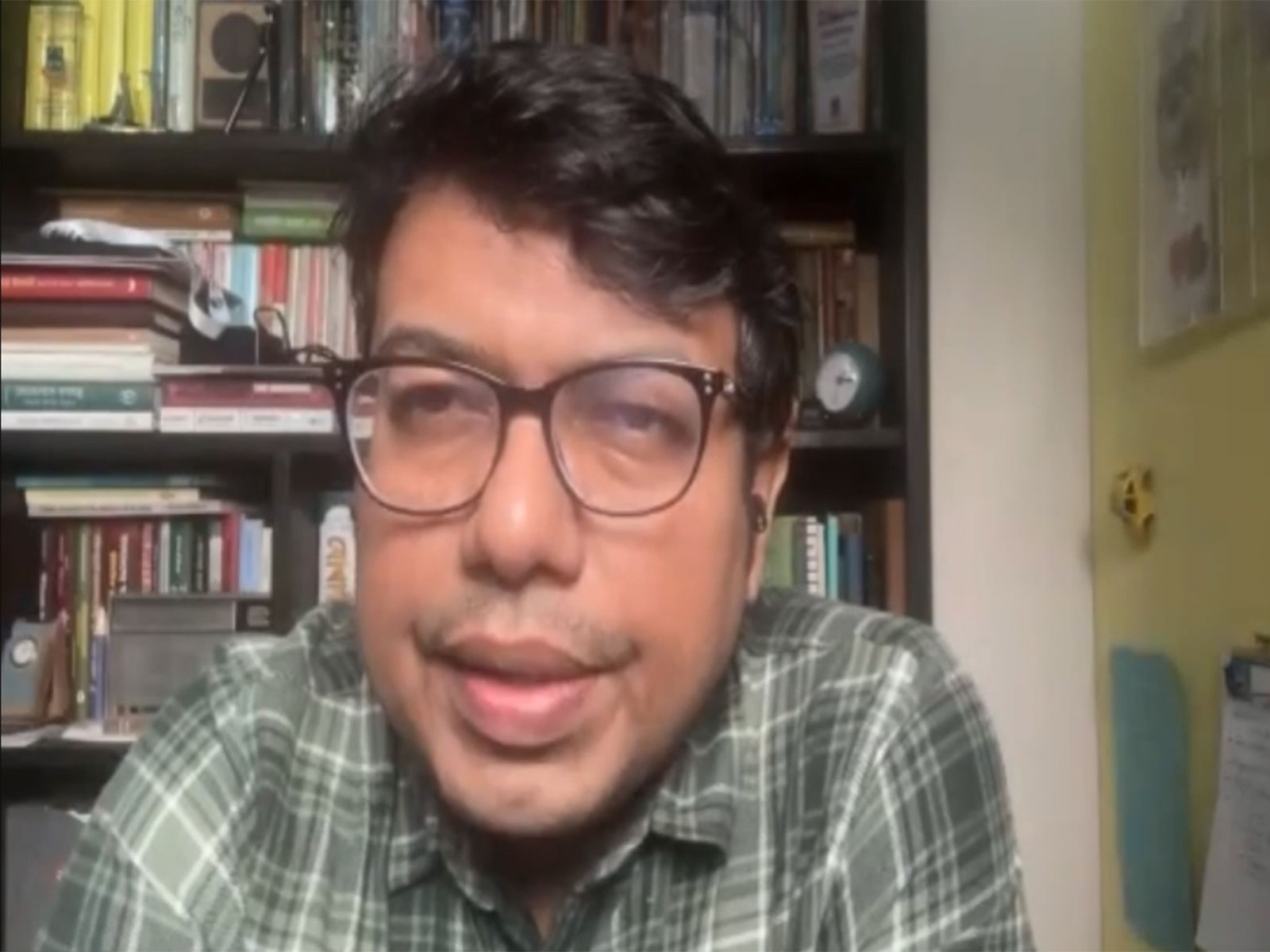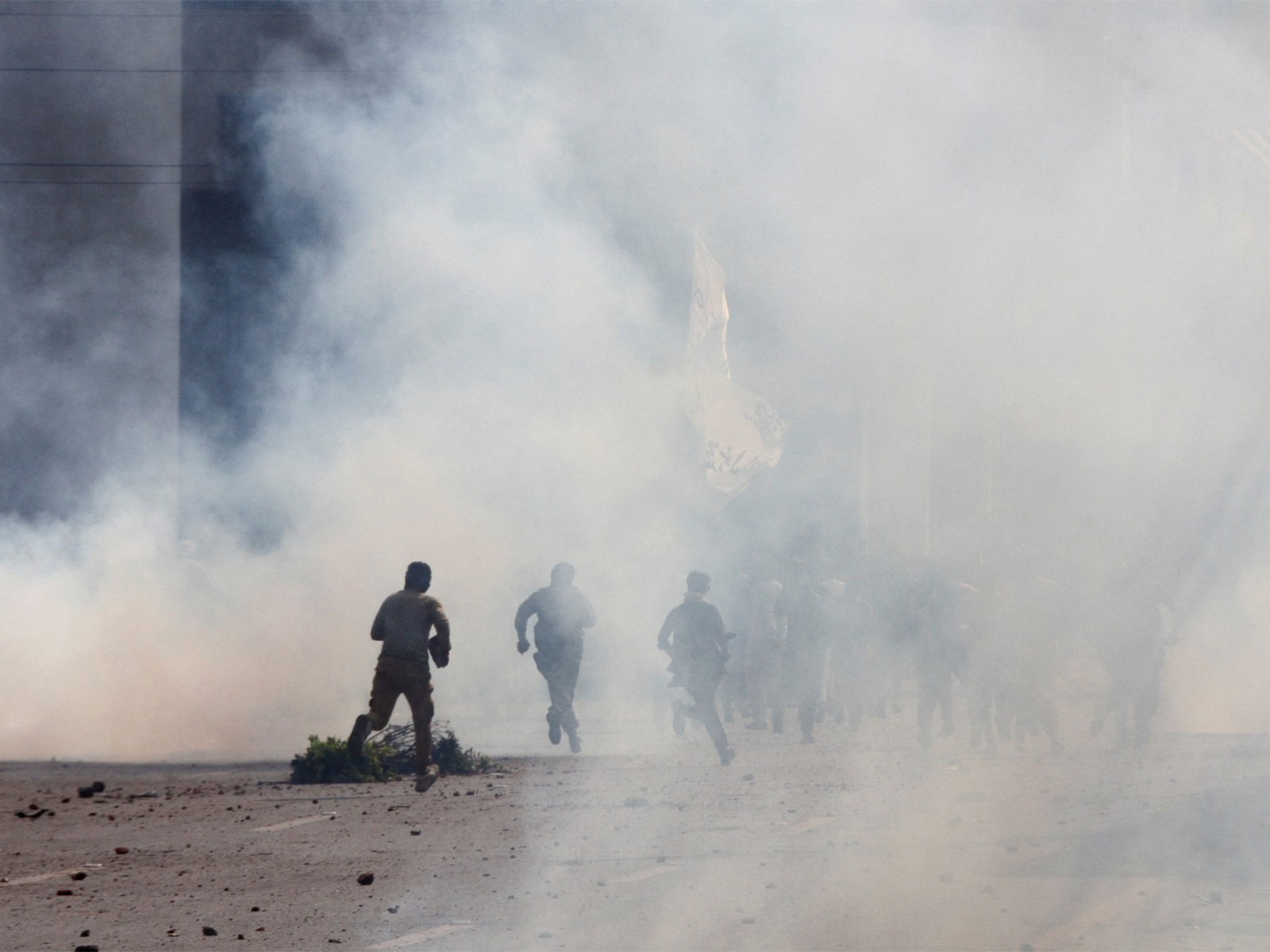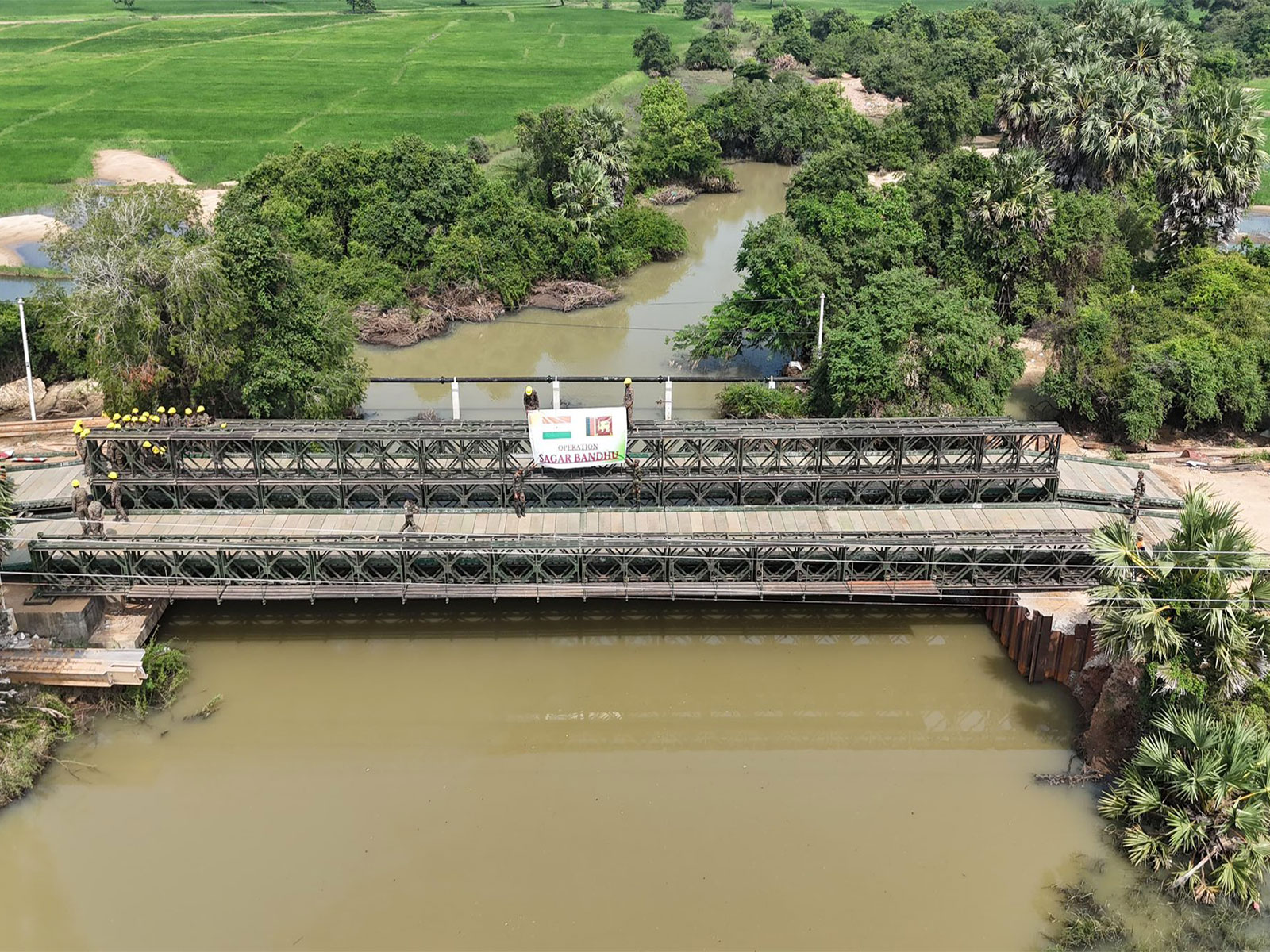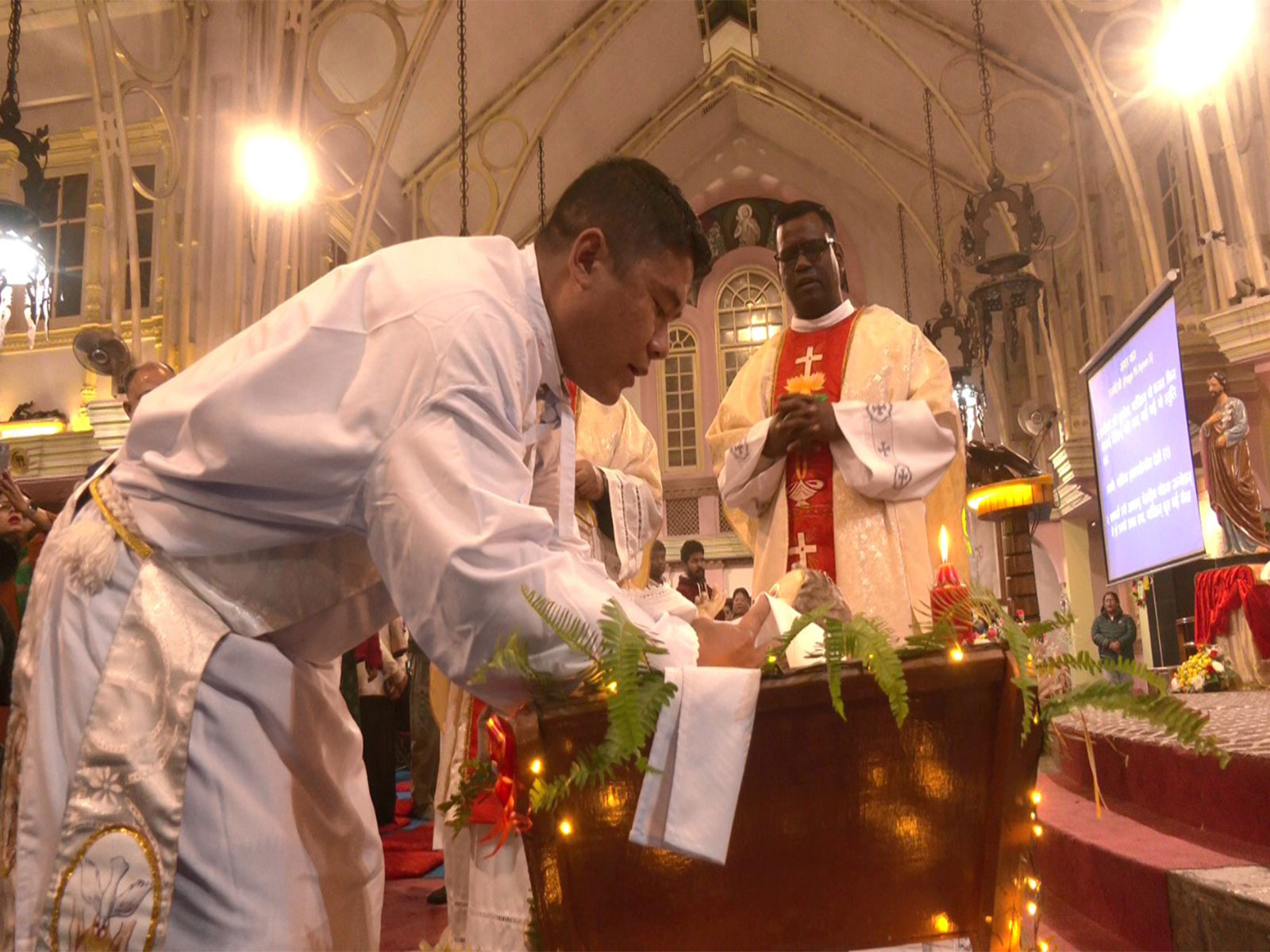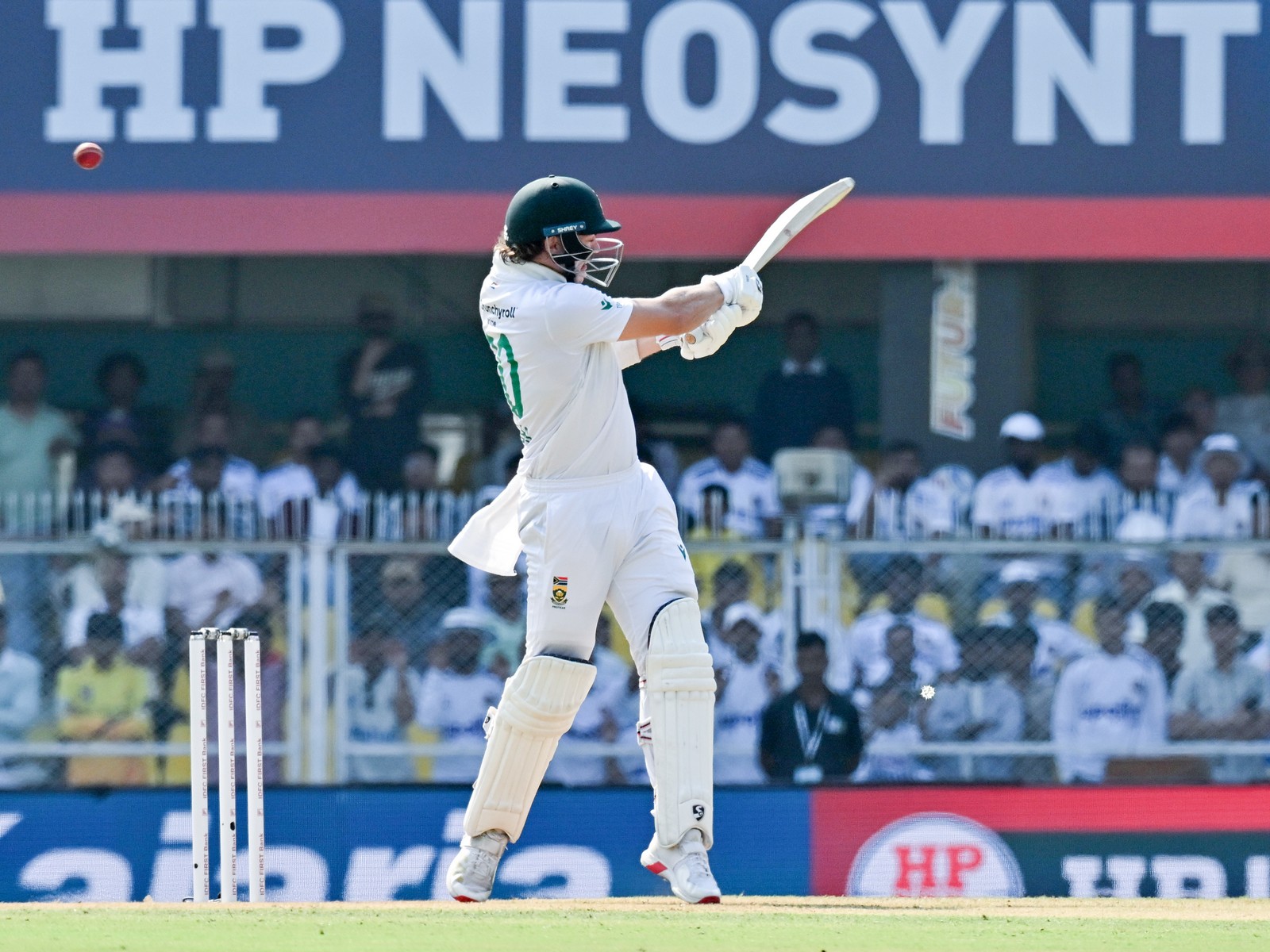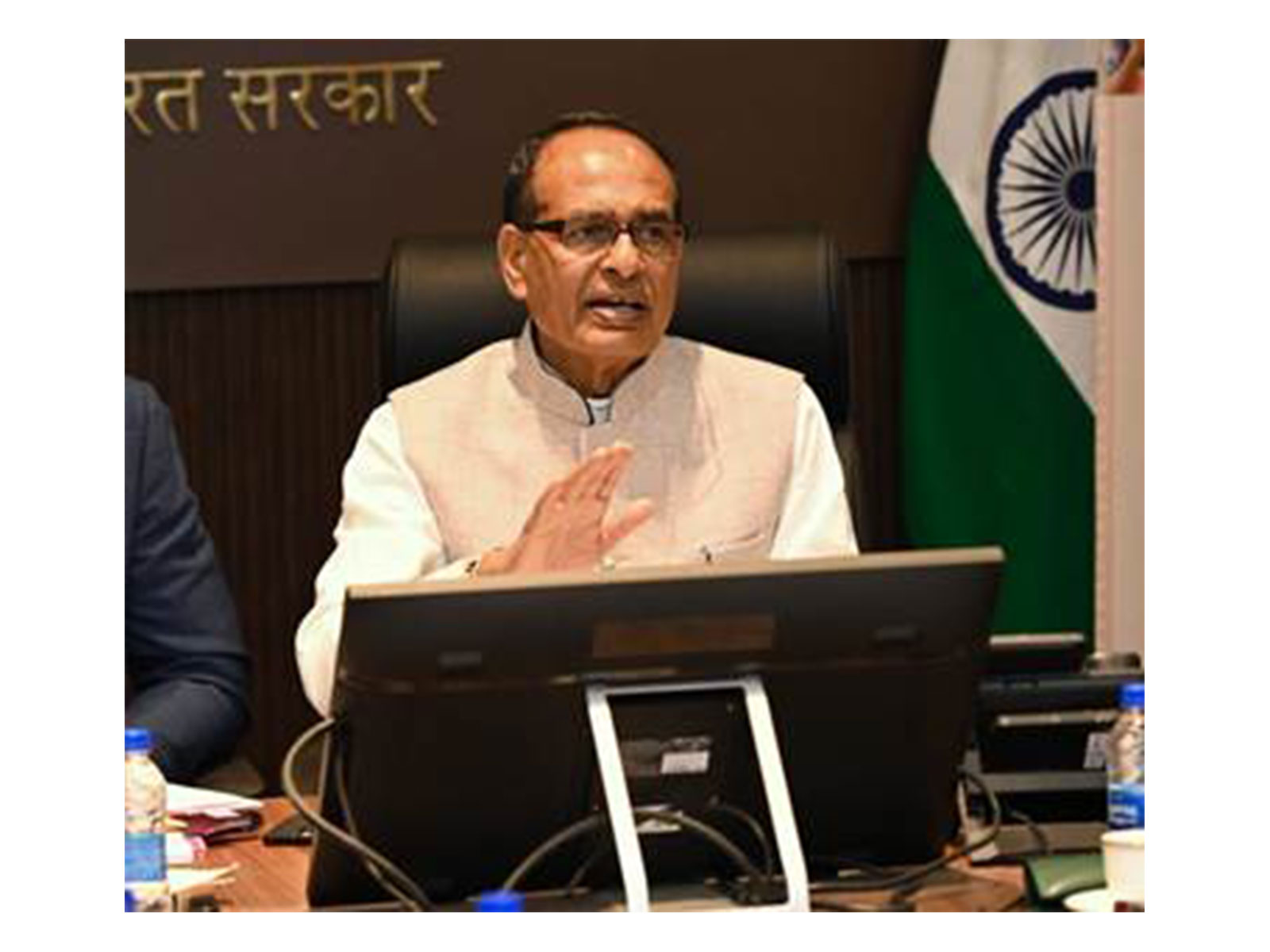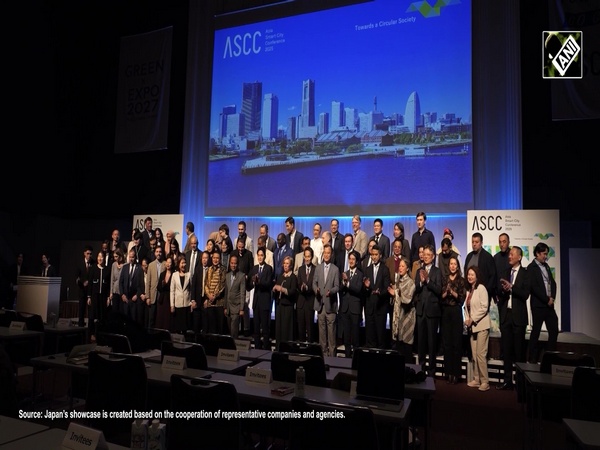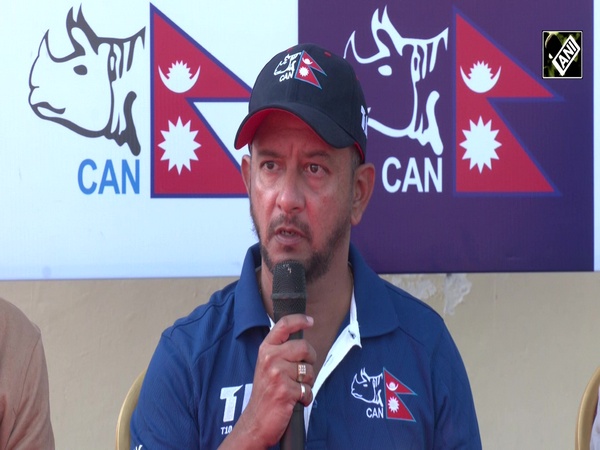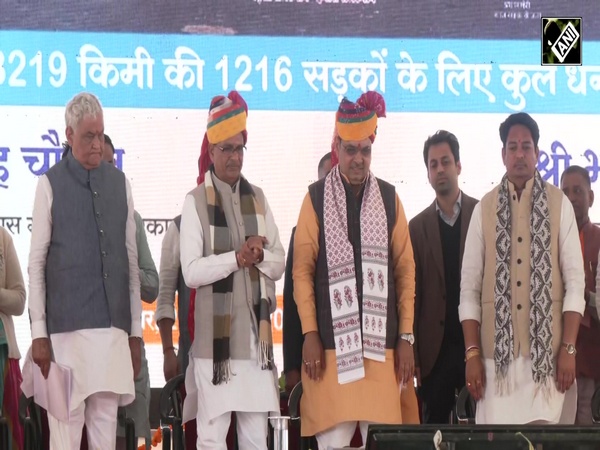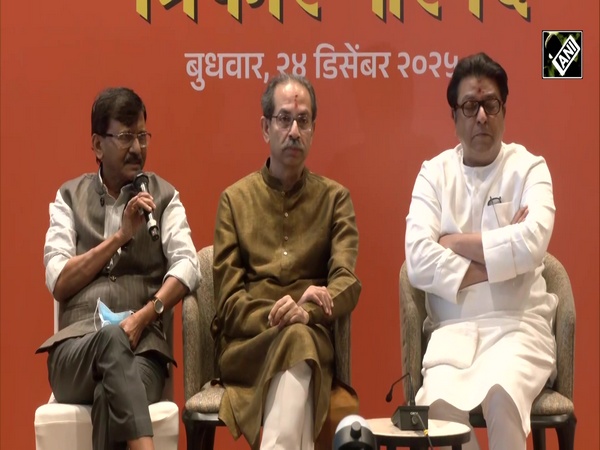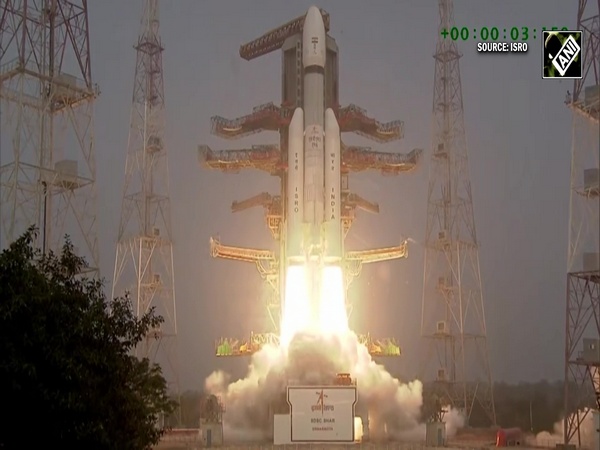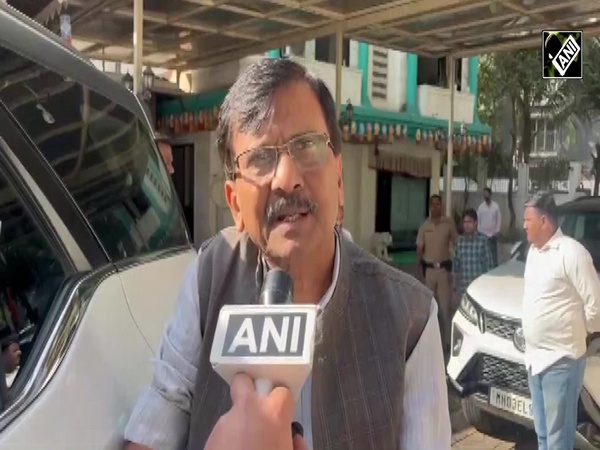The enigma of autocratic Turkish President Erdogan's succession
Nov 15, 2021

By John Solomou
Nicosia [Cyprus] November 15 : Rumors about the declining health of the autocratic President of Turkey, Recep Tayyip Erdogan, have been circulating for several years both inside and outside Turkey.
In recent weeks, however, these rumours increased exponentially following an article written in Foreign Policy by Steven A. Cook, a prominent expert on Turkey, who claimed that President Erdogan might be too ill to run for reelection in June 2023.
For despotic leaders like Erdogan, their health is a state secret, and every effort is made to keep it secret. However, it seems that there is a consensus that Erdogan has an unnamed health problem.
Irrespective of whether these rumours are correct or not, what will happen in Turkish politics if Erdogan for one reason or another steps down remains an enigma for many people and many governments around the world.
In two instances Erdogan appeared in some videos to be able to walk only with assistance from his wife and aid and slurring his words during a live broadcast of holiday greetings to his party.
It should be noted, however, that in other videos, he looked perfectly fine.
After Erdogan cancelled his visit to Glasgow for the Climate Change Conference and cancelled all his meetings for two days, including the anniversary of his AKP party rise to power, in the late hours of November 2, and November 3 social media platforms in Turkey were filled with rumours of Erdogan's death.
The hashtag #olmus [meaning died] on Twitter spread like wildfire, while Erdogan's supporters vehemently denied the rumoured death of their leader with the #CokYasaReis [Live Long Chief].
On the next day, the Turkish Police announced that they will be investigating 30 people who shared "manipulative" messages under the Twitter hashtag #olmus.
Regardless of whether Erdogan is ill or not, the fact remains that he is 67 years old and that 18 years in power have taken a toll. Somebody will have to replace him sooner or later. As there is no heir and the current Vice President Fuat Octay is not generally seen as a strong candidate to replace him at the helm of Turkey, there is much speculation in the country and around many world capitals as to who will replace Turkey's President.
Political analysts say that Erdogan's governing Justice and Development Party (AKP) will probably splinter after his death, with some senior leaders leaving to form their own political parties.
Former Foreign Minister and Prime Minister Ahmet Davutoglu and former Foreign Minister and Deputy Prime Minister Ali Babacan, both of whom enjoyed considerable prestige at home and abroad, have split from the AKP to form their own parties, but it is not certain that they will be able to pass the 10 per cent threshold to enter the parliament.
Powerful figures in the Turkish government who are generally believed to be likely candidates to replace Erdogan are National Defense Minister Hulusi Akar and Interior Minister Suleyman Soylu.
The most likely of the two is Hulusi Akar, who has the support of the army, while Suleyman Soylu's chances were severely reduced after Sedat Peker, a Turkish mafia boss and whistle-blower, in a series of videos made serious allegations about Soylu's involvement in a host of criminal activities.
Now, coming to the opposition parties, they must find soon a candidate who can beat Erdogan - who announced that he will be a candidate in the June 2023 elections (if rumours about his health prove to be mistaken).
The leaders of the Nation Alliance, Kemal Kilicdaroglu of the centre-left Republican People's Party (CHP) and Meral Aksener of the centre-right Good Party (IYI) as well as the smaller parties of the Alliance have not yet decided who their joint candidate will be.
The only thing certain is that Meral Aksenerhas announced that she is interested only in the post of Prime Minister, not the President.
She wants the President to be elected to try to do everything to change the Presidential system established by Erdogan and turn it into a Parliamentary system, with a Prime Minister.
It is recalled that the constitutional referendum in April 2017, approved with 51%-49% lead abolished the office of the Prime Minister and the existing parliamentary system of government was replaced with an executive presidency and a presidential system.
The success of the Nation Alliance in the forthcoming elections depends not only on finding an electable candidate but also on winning over the Kurdish votes.
As Turkish journalist Murat Yetkin says: "But there is a hidden variable. The Kurdish voters, voting for the Peoples' Democratic Party (HDP) or other parties. If the HDP nominates a candidate separately from Nation Alliance, it will be a gift to Erdogan and AKP-MHP government on a silver plate. Therefore, it is essential for the Nation Alliance not to offend the Kurdish voters and not underestimate their influence."
Finally, strong candidates in the forthcoming Presidential elections could be the mayor of Istanbul Ekrem Imamoglu and Ankara Mayor Mansur Yavas. Ekrem Imamoglu, defeated twice a former AKP prime minister and became mayor of Istanbul, while his counterpart in Ankara, Mansur Yavas, currently holds the highest approval rating of any Turkish politician at 61%.
Iain MacGillvray, a researcher focusing on Turkey, in an article inin the Strategist wrote: " The opposition has grown in popularity and is personified by caring and responsible political leaders such as Istanbul mayor Ekrem Imamoglu and Ankara mayor Mansur Yavas.The return of a popular opposition challenges the final consolidation of authoritarianism by the AKP and its cronies. The regime is looking tired, unable to muster the will to address the economic ills the country faces. Its foreign policy adventurism and aggressive posturing make it look less like a ruling regime on the rise and more like a strategically directionless elite, employing desperate measures to regain domestic popularity.
